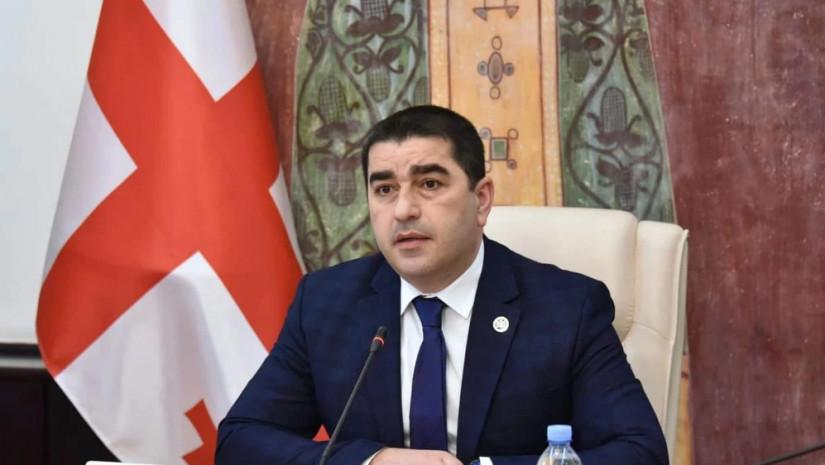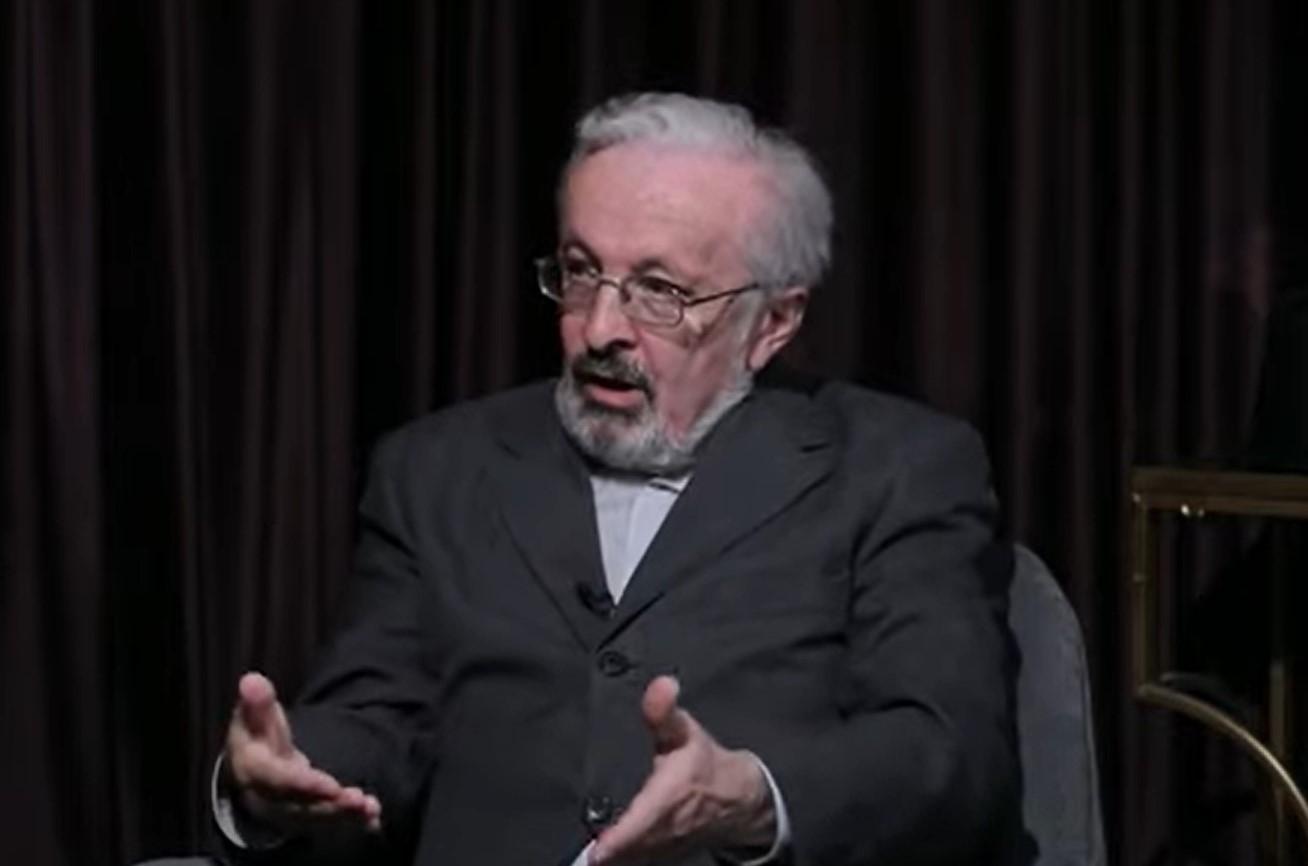Georgia’s cautious diplomacy vs. Armenia’s risky manoeuvres "Better safe than sorry"
Recently, Georgian Parliament Speaker Shalva Papuashvili made a very interesting statement, saying: "When we talk about European integration, there is also an expectation and demand for Georgia to align closely with the EU’s foreign policy directions, which includes sanctions, including those against Russia. We state here that we cannot sacrifice the peaceful development of our country for the sake of our European course."
Personally, I have a deep admiration for Georgia and its people, and I believe that what benefits Georgia also benefits Azerbaijan. I hope everything turns out well for Georgia and its people. The Georgian authorities and people evidently do not want to compromise their sovereignty and remember that the EU, which now demands Georgia's alignment with sanctions against Russia, did nothing to help the country during the August 2008 war. At that time, the EU only offered vague statements about humanitarian concerns, international law, and territorial integrity. The EU provided no real assistance to Georgia in 2008, leading Georgia to the conclusion that trusting Brussels blindly is unwise.
Moreover, none of the accusations against Georgia of bypassing sanctions against Russia have been substantiated. In reality, everyone understands that Western countries impose sanctions only to the extent that they do not harm their own interests. For example, Russia is Latvia's main trading partner outside the EU, with trade between Latvia and Russia amounting to 468 million euros in the first quarter of 2024. As of August 2023, Latvia exported over 65 million euros worth of whiskey to Russia in just six months. In short, "trade is not hindered by conflict," and "everyone pretends that they are taking action."

I have a fondness for people who possess a sense of humour; it's always enjoyable to listen to them and engage in conversation with them. When this sense of humour is combined with a touch of healthy irony, it’s even better. Consider the words of the Speaker of the Georgian Parliament: 'For some reason, everyone seems to think that if someone has eaten 20 khinkali and two khachapuris in our country, they automatically understand Georgia and should speak about it.' He also noted that 'it’s ironic when Western diplomats or politicians speak to Georgian authorities on behalf of the Georgian people.' Firstly, it’s elegantly put—reminiscent of a literary character’s flair. Secondly, just because someone is familiar with a nation's cuisine doesn’t mean they grasp its interests or have the right to speak for its people. Eating 20 khinkali and 2 khachapuri is impressive and deserves respect; not everyone can manage that. However, it only means you should thank your hosts for their hospitality, not claim any special rights or authority. You’ve eaten well, my friend? That’s great, now go on your way and visit us again when invited. Just don’t get too carried away; hospitality is a trait shared by all peoples in our region and doesn’t bestow any exclusive rights or status.
In my view, the Georgian authorities are steadfast in protecting their national interests and have no intention of compromising them just to please Brussels or Washington. For instance, Hungarian Foreign Minister Peter Szijjarto aptly highlighted this during his meeting with Georgian Foreign Minister Ilya Darchiashvili. Szijjarto remarked, 'Georgia has a government that defends traditional family values, and relevant laws have been enacted. This is why Brussels has imposed political and financial sanctions. Brussels dislikes those who don't conform to its expectations and opposes gender propaganda. Politicians and bureaucrats in Brussels are trying to hinder Georgia's successful integration into Europe.
"As the old saying goes, 'A fool and his money are soon parted,' and the tactic of 'just follow our orders, and we might consider you for EU membership in twenty years' is no longer effective. Nobody wants to be a chump who does the heavy lifting only to benefit someone else."

Unlike fraternal Georgia, in far from fraternal Armenia such elementary things as "it is better to have normal relations with neighbours than to be a tool in the hands of others" are practically not understood and do not want to understand. For example, the ex-speaker of the Armenian Parliament and a doctor of political science Tigran Torosyan recently expressed a rather sensible idea that "Armenia has been turned into a primitive blunt instrument in the hands of various power centres that have their own geopolitical prices. Against this background we should expect new painful losses, it is inevitable. The Armenian authorities in the international arena are busy with one thing - searching for masters; they run from one to the second, then to the third, then back to the first and so on to infinity".
"The man understands, a doctor of political science after all" - I thought, but was immediately disappointed, because the ex-speaker went on: "Azerbaijanis are barbarians", "Artsakh people must return to build their state, self-determination, the Armenian side must be active in international organisations and courts" - in general, a stream of consciousness, from which even the patrons of Armenia cringe, understanding that everything voiced by Mr. Torosyan is a pipe dream. However, at the very end of his fiery speech, the doctor of political science still expressed a very sensible idea: "If the incumbent authorities manage to achieve the signing of a peace treaty, this treaty will become a document of Armenia's final capitulation".
Exactly so. And the final surrender will be documented by a peace treaty signed by any Armenian government. Because otherwise there will be no treaty, and so - good luck in finding a new master.








